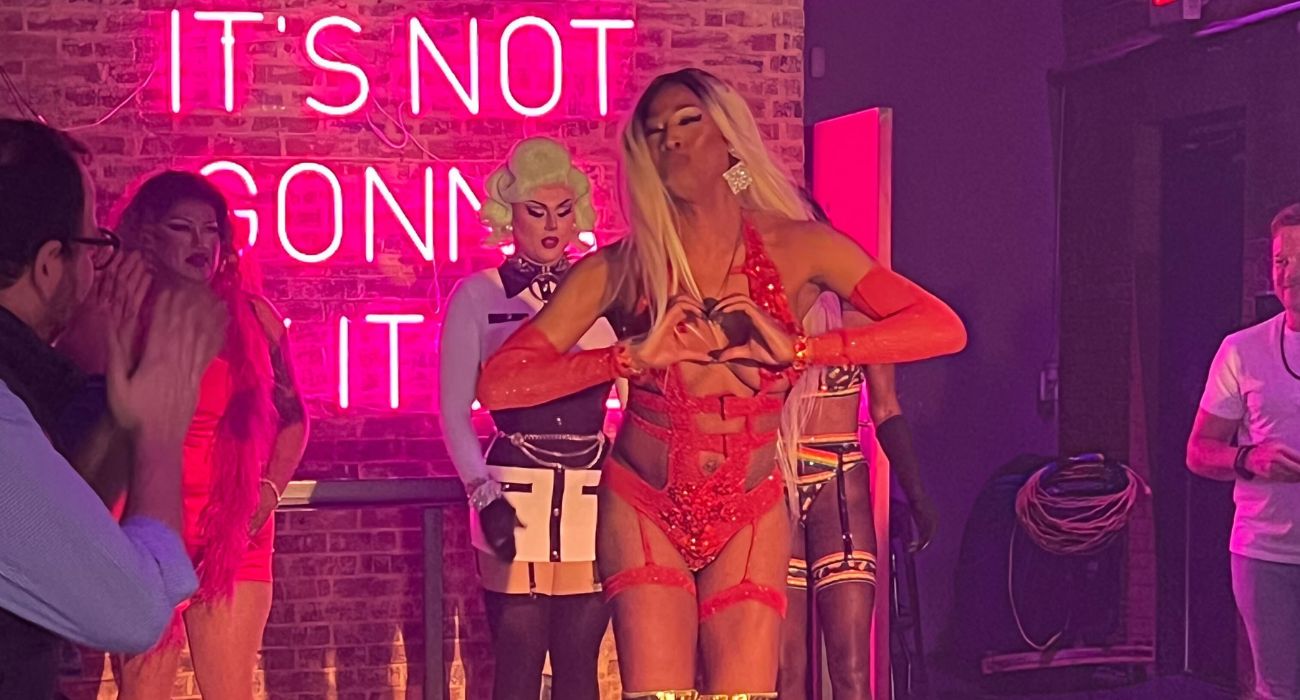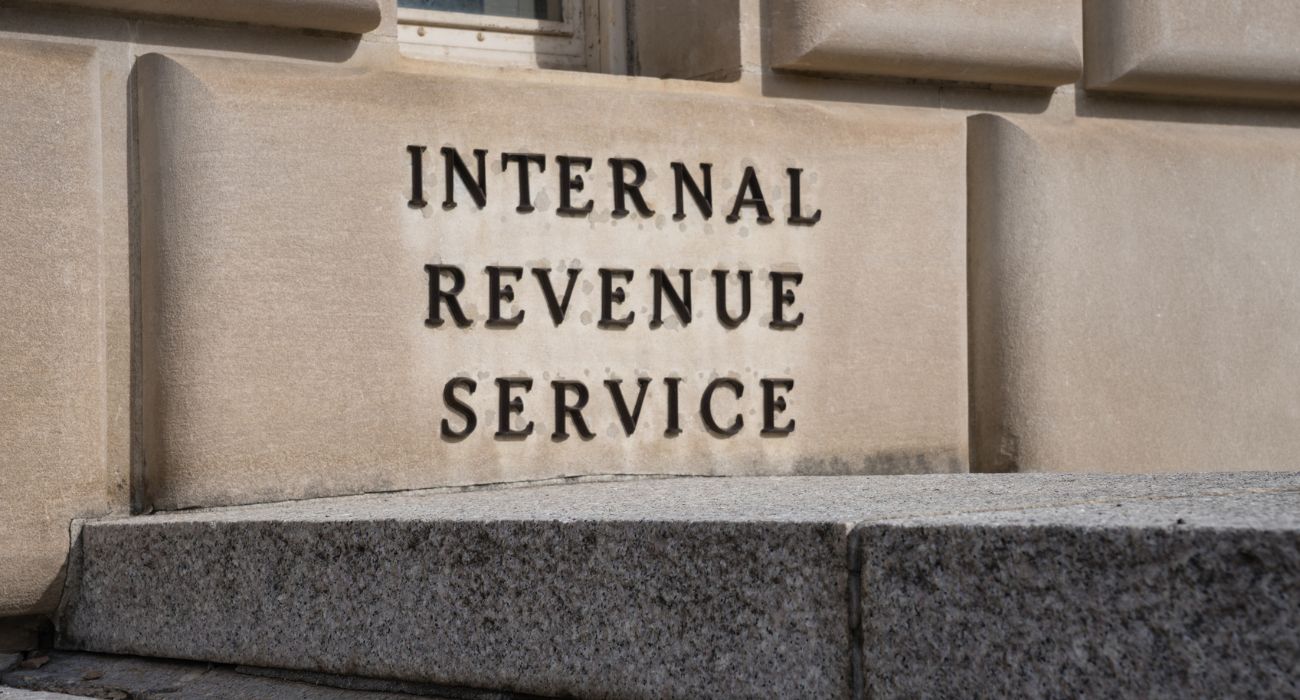A series of obscenity laws criticized as drag show bans that passed in states such as Texas likely need alterations to withstand court challenges, legal experts told The Dallas Express.
State lawmakers took action this year in response to growing concern about children attending drag shows, passing obscenity laws in Florida, Montana, Tennessee, and Texas. These laws, while not identical, aim to ban sexual performances in the presence of minors, as The Dallas Express has reported. However, none of the laws passed by these states can be enforced, halted by challenges in court as several judges ruled they violate the First Amendment freedom of speech.
Thomas Jipping is a senior legal fellow at the think-tank Heritage Foundation. He told The Dallas Express that decisions from judges against these laws had similar criticisms about the lack of a concrete definition for the obscene speech targeted by lawmakers. These concerns, he said, are common between the two branches of government and could be resolved over time.
“Legislators and courts go back and forth all the time in different areas, especially when those areas are new,” Jipping said in an interview with DX. “These court decisions — even though they are temporarily negative — they do provide an opportunity for legislators to refine and improve their legislation.”
Adam Steinbaugh is an attorney for the Foundation for Individual Rights and Expression (FIRE) — a free-speech-focused legal group. He said the attempted appeals from states that want to enforce these obscenity laws are unlikely to be successful unless the legislation is better defined.
“I would be surprised if the courts of appeal found differently because this is longstanding law, and the First Amendment has teeth,” Steinbaugh told DX.
“They are vague as to what they’re trying to regulate,” he continued. “They will sort of attack speech based on it being offensive because it involves or is purported to involve sexualized speech. But that’s protected unless it meets the well-defined and very narrow definition of obscenity.”
A federal judge in September struck down the Texas law prohibiting “sexually oriented performances” for minors, as reported by The Dallas Express. The judge said the law failed to provide a “clear understanding” of phrases and terms such as “prurient sexual interest,” “lewd’ and “performer.” Gov. Greg Abbott posted on social media that he would “fight to have this overturned & to protect our children from this indoctrination.”
Performers in the drag community, like Brigitte Bandit of Austin, also criticized the verbiage in the Texas bill, claiming it was intentionally vague in order to target drag shows with sweeping legislation.
“Is me wearing a padded bra going to be [considered] enhancing sexual features?” asked Bandit, per The Texas Tribune. “It’s still really vague but it’s still geared to try to target drag performance, which is what this bill has been trying to do this entire time, right?”
Her question verges on another common criticism of drag shows: whether they are inherently offensive to women given the performances’ exaggerated representation of their gender.
“Drag at its core is misogynistic; it is men portraying women as sexually objectified caricatures,” an essay in The Critic read last year. “Drag performers frequently reduce women to hyper sexualised, big breasted, big haired bimbos.”
Jipping said he believes the lawmakers behind the obscenity laws have reasonable intentions and a realistic chance to clear legal challenges if they consider the feedback provided by judges who ruled against their legislation.
“These aren’t anti-drag-queen laws — they’re child protection laws,” Jipping told DX.
“They’re trying to draw a line, which I think is a very legitimate line to protect children from a growing sexualization of culture,” he continued. “I think that’s a noble goal. These attempts by legislators to do so and the response by courts are part of the process of addressing this particular problem.”






